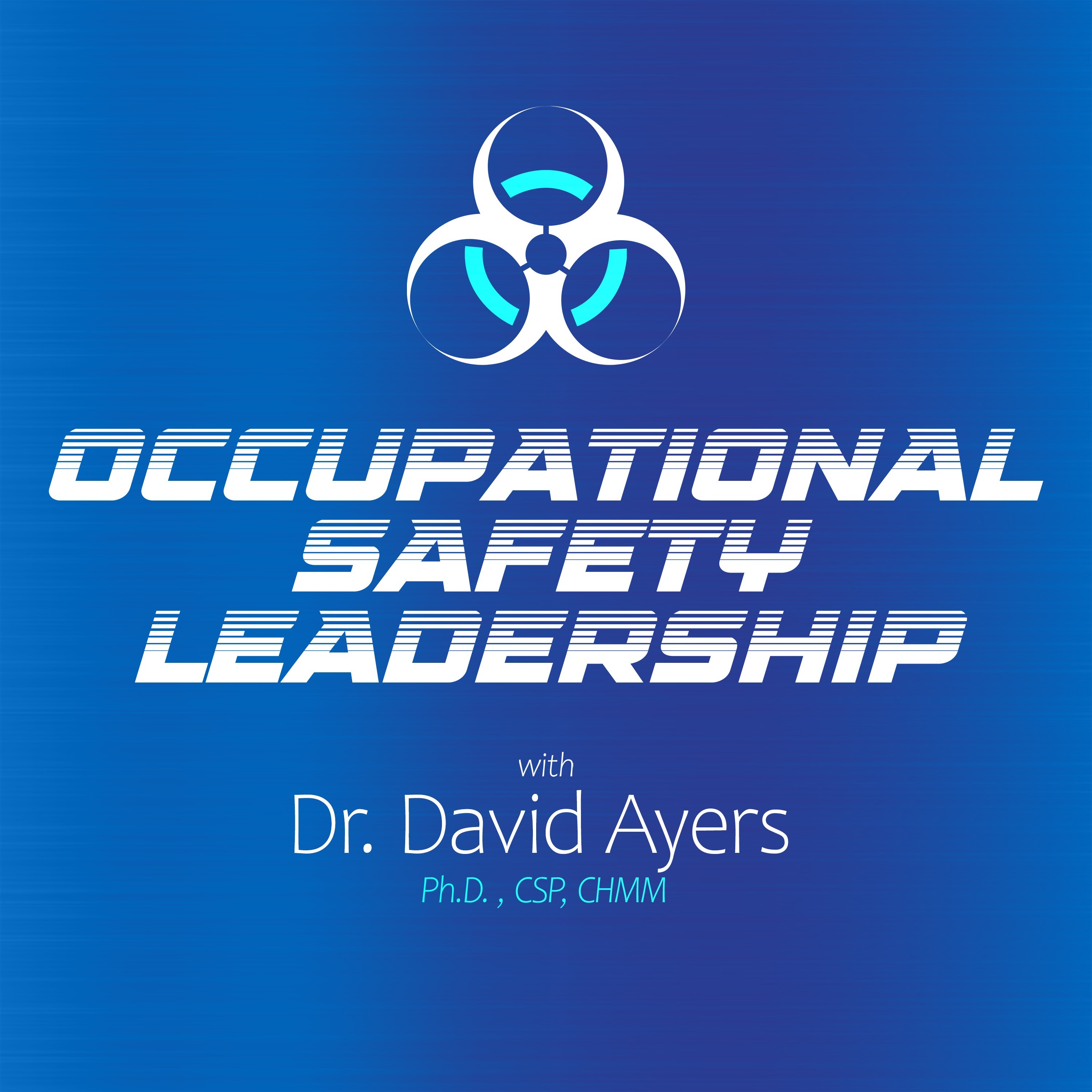In today's episode, Dr. Ayers discusses and emphasizes the importance of understanding the equipment and engineer out any hazards.
The Occupational Safety Leadership Podcast
Episode 164 - Do the Research Upfront to Understand the Hazards of Equipment

Welcome to the Occupational Safety Leadership Podcast, episode number 164. In today's episode, it'll just be a little pep talk. Let's talk about doing the homework upfront to understand the hazards of the equipment. This is easier said than done. I have found that as I was a younger safety professional, I could not get any companies to buy in on this, so they were going to buy anything they wanted to buy, and when it showed up, it was up to me, the safety guy to help make it safe to do any engineering controls, train the folks, do that kind of stuff. But as time has gone on, I've been able to weave my way into, and some companies already had it there. So it wasn't as I weaved my way into, but they wanted the safety person to look at everything as early as possible, and literally buy the safest piece of equipment they could, because they knew that when something comes in, you hurry up and use it. All of us have great intentions, we're going to buy something cheap, we're going to fix it when it gets here. You know, we're really smart, our people will avoid hazards, and that almost never happens. So looking at equipment, understanding hazards upfront, talk to the manufacturer, what can they do to add on engineering controls on their end, to make it even better also. It always sounds great, buy it cheap, get it in, you know, we got our own shop, we'll just bend up some steel, make up some guards and stuff, it almost never happens. So understand the hazards, get those equipment manuals upfront, and also given today's internet age, you can a lot of times find videos and the equipment's running and all kinds of stuff. I've even been able to talk to the manufacturer and ask them about somebody locally who had the same thing. Sometimes locally is a hundred or two hundred miles, and every time that person has been okay with me coming down, looking at this thing as it's running, talk to women, everything. Now we were not competitors of course, we were just happened to use the same thing to different industries. If you try to talk to a competitor, that probably will not go well, they probably don't want you in there of course, but that is it for today's episode 164. Do the homework upfront when something is going to be bought, either new, used, if it gets transferred from someplace, whatever it is, get those manuals, look at the videos, come up with a way to make it even safer for your folks out there. In an ideal world, it's going to be the vendor who does all the stuff for you then, so when it shows up, you have as as safe as they can make it a piece of equipment. That's it for today's episode, thank you for joining me today. My name is Dr. David Ayers, thank you and have a safe day.
In today’s episode, Dr. Ayers discusses and emphasizes the importance of understanding the equipment and engineer out any hazards.